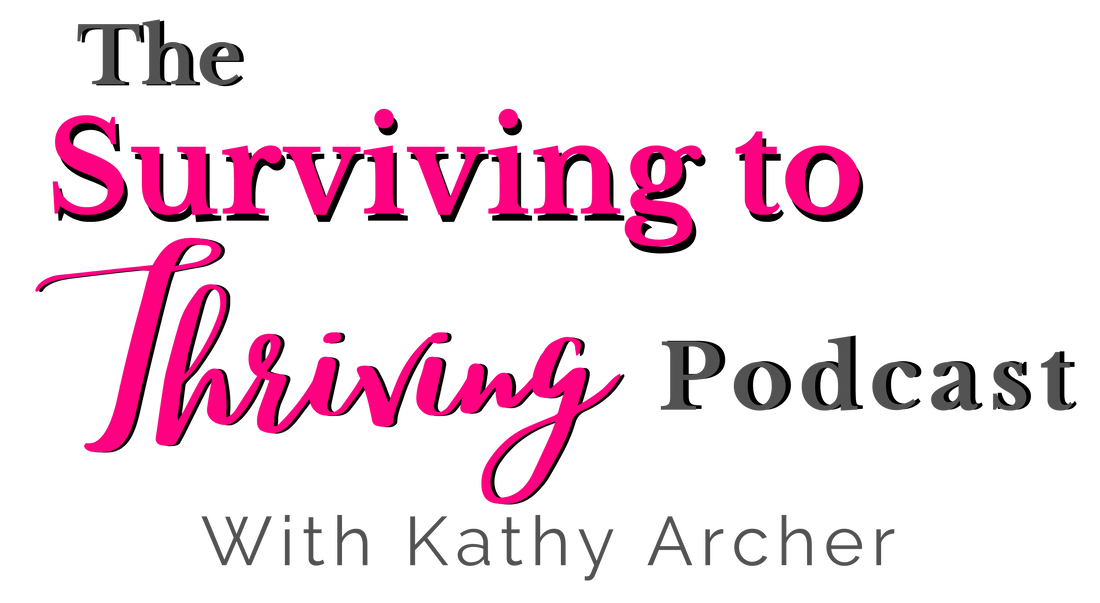|
,Do you have a love/hate relationship with your job, your role, your team or your organization?
I sure did! It sucked the life and fun out of me! Do you want to learn how to lose the loathing love the work? On this week's FB Live show I talked about what I did and you can too - to learn to love leadership. Let me give you a bit of an overview here.
I was in a pretty toxic environment
In my book Mastering Confidence, I tell the story of a time when my team was just a wee bit toxic. Ok, honestly, very toxic. At the time, I blamed everyone around me. It was her fault, his fault, and their fault. Certainly, I wasn't the one to blame. As such, I didn't want to go to work. I dreaded it each morning as I got ready and headed into the office. Whenever I could, I avoided certain people, teams, and sites. I loathed my job. It took a shift in my mindset and some learning to turn that around.. I need to take responsibility for my self, my impact and move from victim to leader. I find that many of the women I work with also struggle in this way. My client was in a pretty toxic environment Take Rebecca for example, she came to me a few months into a new promotion. Initially, when she took the role of a supervisor on she loved it. That quickly turned to overwhelm, extreme dislike for her boss and frustration with her team. Rebecca felt like no one listened or cared about the work or her. She found she was turning into an uncaring person, simply focused on the tasks for the day. We both need to see things differently When we started coaching, the first thing I began to do was help Rebecca gain an understanding of herself. She needed to get clear on what her values were. She began to get more connected to her inner guidance system, which helped her recognize what triggered her, her self-talk and take back control of her emotions. It was the same place I started when I turned my team back around from toxic to strong. Once I figured out how important family was to me, honesty and my deep connection to the work we were doing, I quickly realized why I had reacted to so many things that had happened in the preceding months. We moved from ourselves to focusing on our team The next thing I worked with Rebecca on was helping her to see her team as individuals and realize her job was to grow them. She started to see them differently as I'd also began to see my team in a new light. It is always fascinating for me to watch my clients now take the same journey that I did so many years ago. That path is seeing an individual's strengths, identifying their potential and putting a focus on growing them and helping them to realize their full potential. It's an amazing feeling to turn from seeing your staff as "problems to be fixed" to "potential to be drawn out." We both reconnected to the love of our job The final thing that helped Rebecca to learn to love her leadership role again was taking her newfound inner growth and her shift in her mindset about her team to the bigger purpose of their work. Why do you do what you do? What difference does your work make to the community you serve? These questions helped me years ago to really find that passion and inner spark again. Rebecca lit up too when she began to find the answers to these questions. This is what we did in a nutshell These three things, are the things you can also do to move from loathing your leadership role to loving your leadership role
My final thoughts for you
To move from loathing your leadership role to loving it takes some time. Let's be honest; Leadership is a tough gig! However, these three things, when you put your focus on them, will help you to make that shift more permanent. Grow yourself from the inside out. Focus on seeing the potential in your employees and focus on growing them. Then, take yourself and your team and remind yourselves today and every day...why you do what you do. Trust me, my dear, you will find the love for your work again...as soon as you do! Want to learn more? Listen to this week's Facebook Live session to help you make the shift from loathing to loving your job. Don't forget to download this week's guide sheet to help you personally make the shift. Remember, you have to do something with this information, or it won't actually make a change in your life!
0 Comments
|

Available on Amazon
Archives
March 2024
|
|
Leadership TRAINING for Nonprofit Leaders
Become a confident and competent nonprofit Leader: Join The Training Library membership Executive and Leadership COACHING Leadership Coaching for Nonprofit Executives, Leaders and ManagerCoaching |
PODCAST for Nonprofit Leaders
The Surviving to Thriving podcast: Strategies, systems and support to lead your nonprofit with confidence FREE RESOURCES to Grow your Leadership Skills Free Leadership Training Resources, Worksheets and Templates |
Become a CONFIDENT LEADER
|




 RSS Feed
RSS Feed
